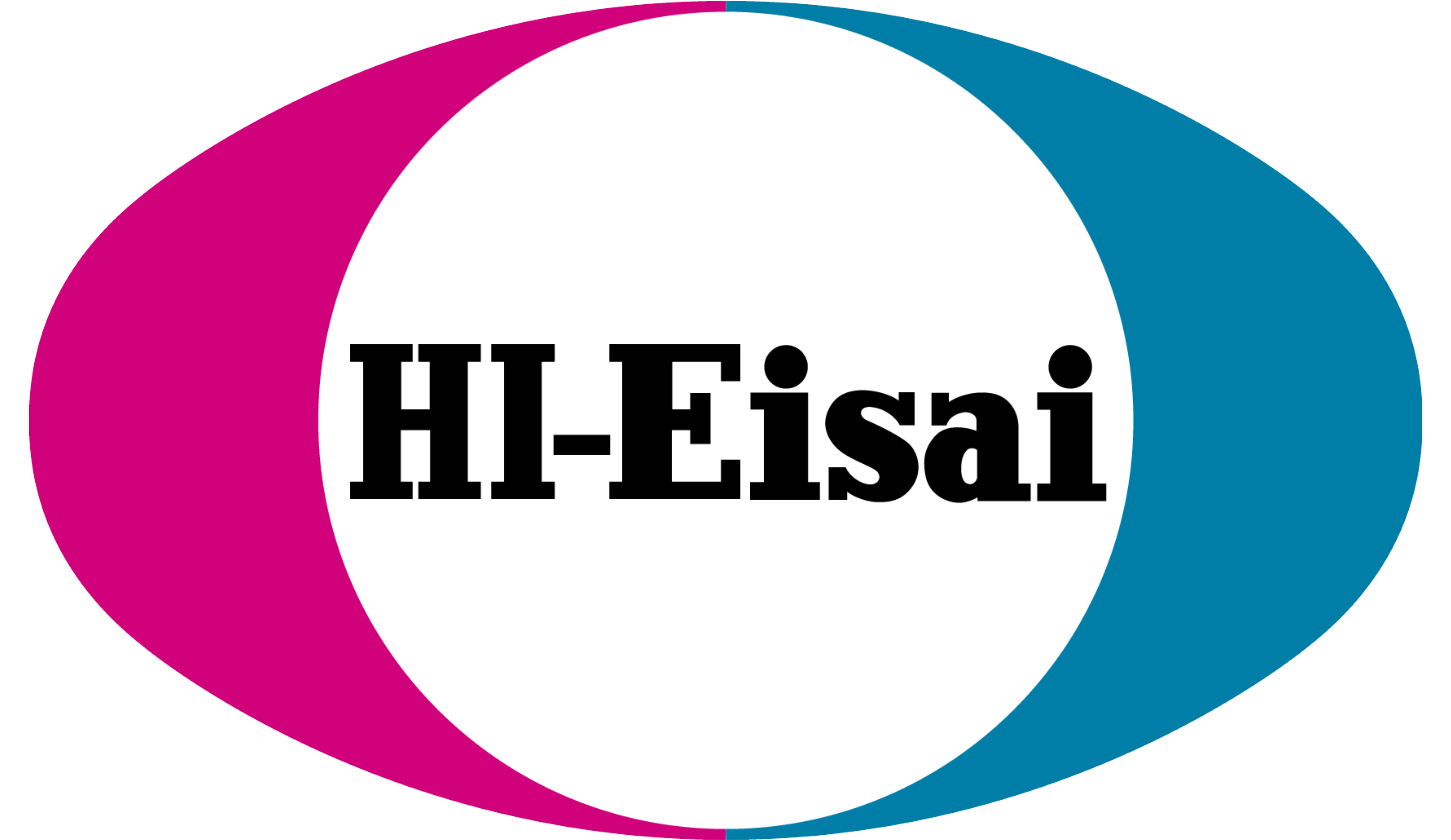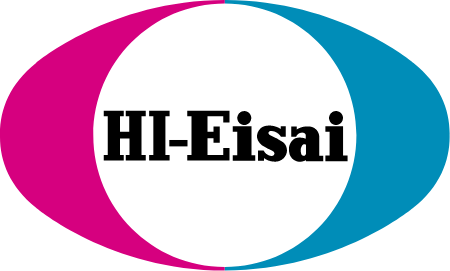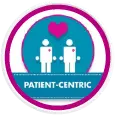The Impact of Parkinson’s Disease on Daily Life: Understanding the Challenges and Strategies for Coping
Parkinson’s disease (PD) is a progressive neurological disorder that affects movement and can have a significant impact on daily life. The symptoms of PD, which include tremors, rigidity, slowness of movement, and balance problems, can make everyday tasks more challenging. Here’s a deep dive into how Parkinson’s disease can impact daily life and strategies for coping with these challenges:
Mobility and Movement: Parkinson’s can cause difficulties with walking, balance, and coordination. This can make activities such as getting dressed, bathing, and cooking more challenging. Strategies such as using mobility aids, modifying the home environment for safety, and practicing physical therapy exercises can help maintain mobility and independence.
Communication Difficulties: Parkinson’s can affect the muscles used for speech, leading to soft or slurred speech. Communication difficulties can make it challenging to express thoughts and feelings, participate in conversations, and engage in social interactions. Speech therapy and communication devices can help improve communication skills.
Activities of Daily Living: Simple tasks such as eating, writing, and buttoning a shirt can become more difficult as Parkinson’s progresses. Adaptive devices and strategies such as using utensils with larger handles, using assistive devices for writing, and breaking tasks into smaller steps can help maintain independence in daily activities.
Cognitive Changes: Parkinson’s can cause cognitive changes, including difficulties with memory, attention, and executive function. These changes can impact the ability to plan, organize, and complete tasks. Cognitive rehabilitation, memory aids, and strategies for managing cognitive symptoms can help improve daily functioning.
Emotional and Psychological Impact: Living with Parkinson’s can lead to a range of emotions, including frustration, anxiety, depression, and fear. Parkinson’s can also affect relationships with family and friends. Counseling, support groups, and mindfulness techniques can help manage stress and improve emotional well-being.
Sleep Disturbances: Parkinson’s can cause sleep disturbances, including insomnia, restless legs syndrome, and sleep apnea. Poor sleep can worsen Parkinson’s symptoms and affect overall health. Sleep hygiene practices and medications can help improve sleep quality.
Medication Management: Managing medications for Parkinson’s can be complex, as medications need to be taken at specific times and doses. Keeping a medication schedule, using pill organizers, and working closely with Doctors can help ensure effective medication management.
Nutrition and Swallowing Difficulties: Parkinson’s can cause swallowing difficulties (dysphagia) and weight loss, which can impact overall health. Working with a speech therapist and dietitian can help manage swallowing difficulties and maintain a healthy diet.
Driving and Transportation: Parkinson’s can affect the ability to drive safely. It’s important to regularly assess driving abilities and consider alternative transportation options if needed.
Caregiver Support: Parkinson’s can place a significant burden on caregivers, who may need support in managing the care of their loved one. Respite care, support groups, and caregiver education programs can help caregivers cope with the demands of caregiving.
Overall, living with Parkinson’s disease presents unique challenges that can vary from person to person. With proper management, support, and adaptation, individuals with Parkinson’s can continue to lead fulfilling lives and maintain independence in daily activities. Working closely with a multidisciplinary healthcare team that includes neurologists, physical therapists, occupational therapists, speech therapists, and mental health professionals can help manage the impact of Parkinson’s on daily life.






